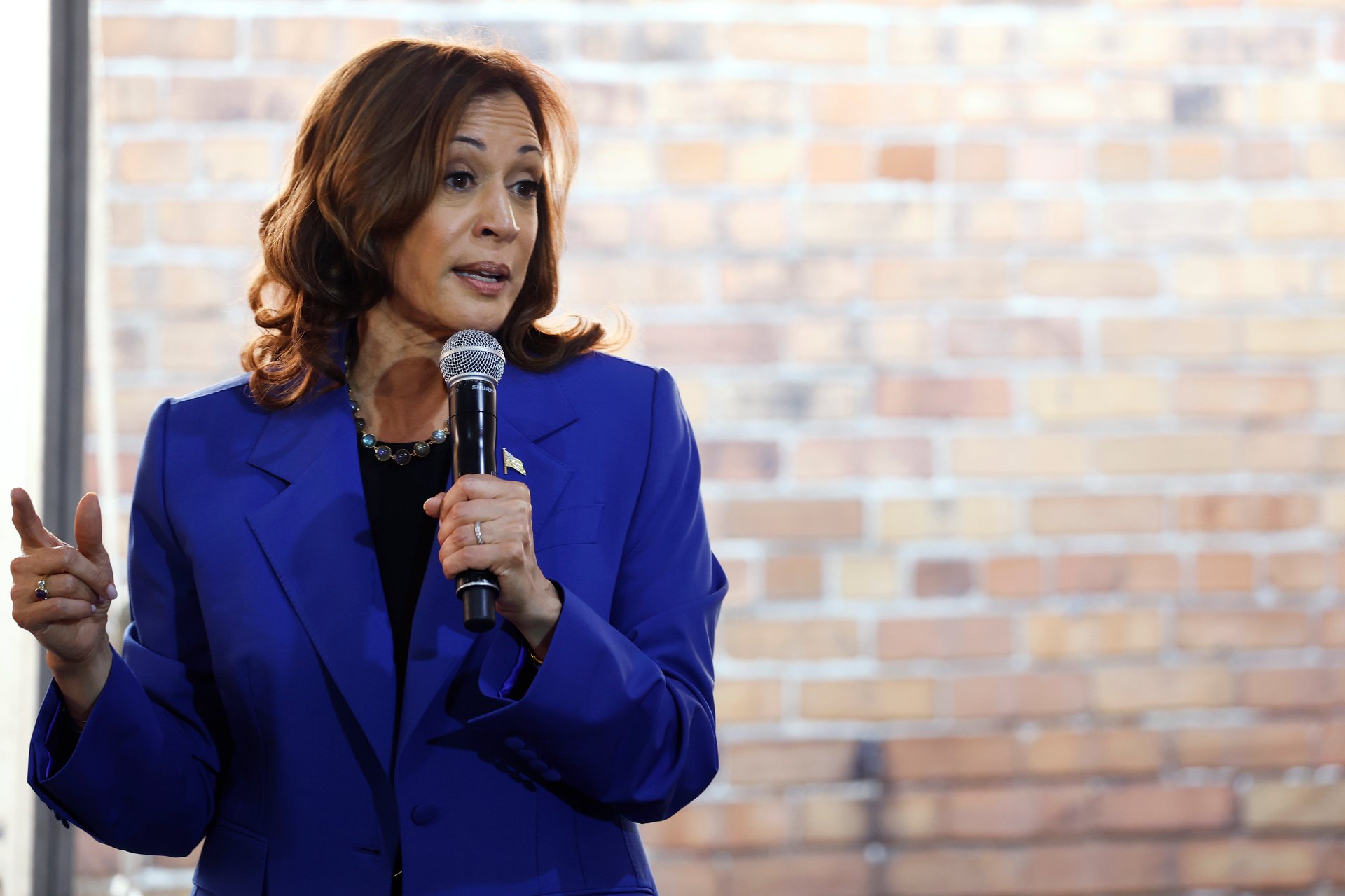Kamala Harris wants to roll back Trump-era corporate tax cuts
The Democratic nominee would reportedly push for a corporate tax rate in line with the Biden administration's proposal

Vice President Kamala Harris would partially reel in a Trump-era corporate tax cut that has given major U.S. companies a big, years-long break.
Suggested Reading
The Democratic presidential nominee would push to raise the corporate tax rate to 28% from its current 21%, Harris campaign spokesman James Singer told NBC News Monday. Singer said the rate is “a fiscally responsible way to put money back in the pockets of working people and ensure billionaires and big corporations pay their fair share.”
Related Content
Although lower than what Harris proposed during her unsuccessful presidential bid four years ago, a 28% corporate tax rate is in line with the budget the Biden administration proposed in March.
It’s also not a total recall of the Trump administration’s Tax Cuts and Jobs Act of 2017, which slashed the tax rate to 21% from 35% — a massive reduction that was praised by CEOs across the board, including JPMorgan Chase CEO Jamie Dimon. The act is set to expire in 2025.
Republican presidential nominee Donald Trump has positioned himself as a Wall Street- and big business-friendly candidate. In a meeting with CEOs of the biggest U.S. companies in June, Trump promised to cut the corporate tax rate to 20%. Although it would only be a small decrease, each percentage point represents millions of dollars for firms.
At the June meeting, which was attended by top U.S. CEOs, including Dimon, Apple (AAPL) chief Tim Cook, and Citigroup’s (C) Jane Fraser, Trump also vowed to make the cuts permanent, and to renew tax breaks for individuals and small businesses.
While Harris has not revealed her full tax policy, much of her economic agenda has appeared to be a continuation of Biden-era policies. For her first 100 days in office, Harris has proposed policies that would ban food and grocery price gouging; grow the housing supply and push Wall Street out of the real estate business; expand the Child Tax Credit and give new parents $6,000; and put a cap on out-of-pocket medical costs.
Other key elements of the White House’s March budget proposal included increase to the minimum tax rate on billion-dollar corporations, which would bring it from 15% to 21%. The Biden administration’s push to make the ultra-wealthy pay their “fair share” also featured a proposed 25% percent minimum tax on the wealthiest 0.01% and raising the marginal income tax rate back to 39.6% for the top 1%.
